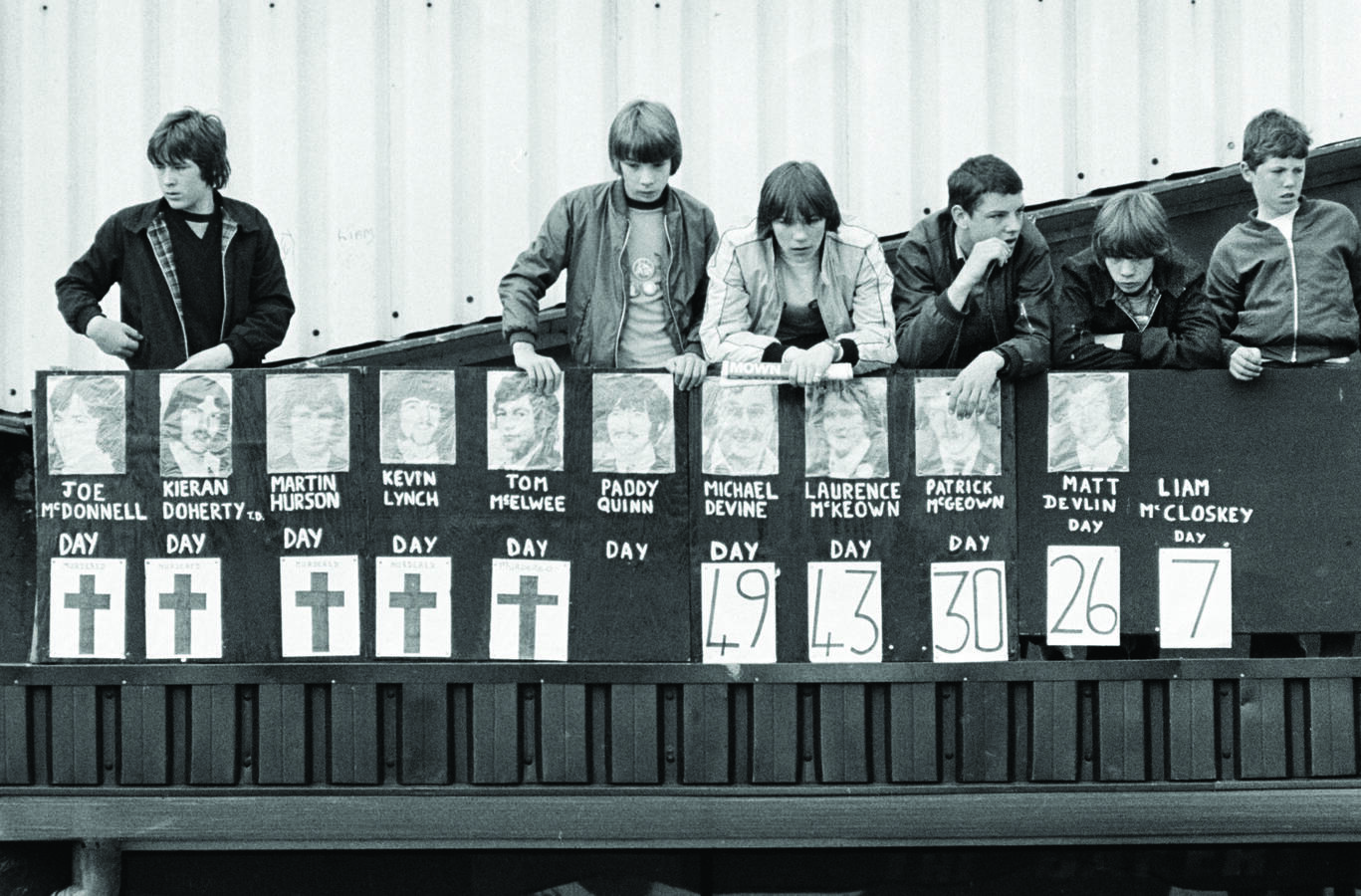On this day, 3rd October: Maze Prison hunger strike - 1981

The 1981 hunger strike at Maze Prison was a profound event in the history of the Troubles in Northern Ireland, deeply shaping the political and social landscape. The strike, involving Irish republican prisoners protesting their loss of political status, became globally significant when Bobby Sands, the leader of the strike, was elected to the British Parliament while still in prison. His death, after 66 days of fasting, followed by nine other prisoners' deaths, highlighted the intense nationalistic fervor in Ireland and led to an international outcry.
Key Aspects:
- The Five Demands: The prisoners had five key demands, including the right to not wear prison uniforms, not perform prison work, and associate freely with other prisoners. These demands reflected their desire to be treated as political prisoners, not criminals, which would acknowledge their role in a political conflict rather than a common crime.
- International Attention: Sands' election to the British Parliament while in prison and his subsequent death drew massive international attention, especially in the U.S. and Europe. Public opinion was divided, with some viewing the hunger strikers as heroes fighting for a cause, while others saw them as terrorists.
- Sinn Féin’s Political Rise: The hunger strike had a significant political impact, leading to a strategic shift by Sinn Féin, the political wing of the Irish Republican Army (IRA). The party adopted a more active role in electoral politics, using the political momentum gained from the hunger strike to garner support, which eventually led to greater involvement in peace negotiations and the Good Friday Agreement in 1998.
- Legacy: The hunger strike became a symbol of the Irish nationalist struggle, leaving an indelible mark on the political trajectory of Northern Ireland. Monuments, murals, and annual commemorations continue to honor the sacrifice of the hunger strikers, especially Bobby Sands, whose name became synonymous with resistance.
While the hunger strike did not lead to immediate concessions from the British government, it fundamentally altered the dynamics of the Northern Irish conflict, transforming the role of Irish republicanism and setting the stage for its future political successes.





